Health Benefits of Basil Leaves (Tulsi)
Health Benefits of Basil Leaves (Tulsi):
Here are some health benefits of basil leaves:
1. Aids Digestion
The digestive system makes up about 60% of all the resources that the body produces. When we experience the onset of gastrointestinal conditions, such as celiac disease and intolerance to lactose, our immune system hits.
Within the intestinal wall, digestive inflammation swells, allowing toxins to pass through permeable barriers and reach the bloodstream where signs of systemic inflammation begin to occur. What we eat is important to your digestive health, and consuming refined carbohydrates, such as sugar and white flour products, is not good for your intestines.
Holy basil appears to have potent anti-inflammatory effects on the digestive system. Try chewing on holy basil leaves after or before a meal – this strategy allows the leaf polyphenols to enter your digestive system where they work to relieve symptoms of inflammation in the intestines.
Chewing basil leaves also reduces stomach acidity and helps to maintain an alkaline balance which improves digestive health.
2. Reduces stress and anxiety
The basil plant can function as an adaptogen, as shown in multiple reports. An adaptogen is a naturally occurring material that can help the body adapt to stress and improve mental balance. Evidence shows that Tulsi can help the body cope with various stress forms, whether it is chemical, physical, emotional, or contagious. Tulsi leaves have antidepressant and antianxiety properties which are comparable to diazepam and antidepressant medications, according to Ayurveda’s study.
The best way to add Tulsi to your diet is to use it as the complement to your herbal tea. Given that it is caffeine-free, drinking every day is safe and even recommended. Only boil a cup of water and pour it over a tablespoon of tulsi leaves. Hold it covered for about 20 minutes and drains the mixture and drink.
3. For Fever
Basil leaves are used for quenching fevers, especially malaria-related and other contagious, eruptive fevers common to tropical areas. Boiling leaves in around two-quarters of water with some cardamom, then mixing with sugar and milk, will bring down the temperature. An extract of basil leaves in freshwater should be administered every 2 to 3 hours; you can give cold water sips in doses. This approach is especially successful in reducing infant fevers.
4. Diabetes Management
Basil intake may lead to the slow release of sugar into the blood, which is very important for diabetics. The herb possesses a very low glycemic load. The essential oil present in basil also helps to reduce the triglyceride and cholesterol levels, which among diabetics is a chronic risk factor.
5. Enhances Cognitive Function
Basil is a good source of brain-boosting nutrients – magnesium and flavonoids. Magnesium improves memory and learning skills while flavonoids are associated with cognitive tests with higher scores.
Basil herb helps to decrease the level of stress hormones, especially corticosterone. Lower levels of corticosterone contribute to improved memory and mental clarity, as well as age-related mental disorders risk.
6. Fights Cancer
Research has shown that basil is made up of phytochemicals that help prevent cancer naturally, including skin, liver, oral, and lung cancers that are chemically induced. Basil can increase antioxidant function, positively alter gene expression, promote apoptosis of cancer cells (death of harmful cells) and stop the spread of cancerous tumours. Basil extract has shown protection against cancer and mortality in experiments using animals, while also selectively shielding normal tissue and cells from the adverse effects of cancer therapies such as radiation or chemotherapy.
7. Anti-inflammatory effects
Basil’s volatile oils have been shown to have anti-inflammatory effects in studies by blocking an enzyme’s activity in the body called cyclooxygenase (COX). Others work in the same way as COX over counter pain-relieving medicines. For individuals with inflammatory health problems, such as rheumatoid arthritis or inflammatory bowel conditions, basil can be an important food.
Basil contains powerful oils such as eugenol, citronellol, and linalool. They are enzyme-inhibiting oils that help minimize inflammation, which is at the root of most diseases such as heart disease, rheumatoid arthritis, and inflammatory bowel disorders.
8. Contains Antibacterial Properties
The benefit of basil essential oils is protecting the harmful growth of the bacteria. Basil extract has also shown in studies to help inhibit resistant bacterial strains that do not respond to antibiotic treatments.
As researchers were examining the basil oil’s antibacterial activity against E strains. Coli and other potent bacteria collected from infected patients showed that basil has been effective in counteracting bacterial strains and helping to inhibit their growth. This has led researchers to continue studying how basil and other antibacterial oils can help fight diseases and infections which are resistant to antibiotics.
9. Chronic Disease Prevention
Basil has been shown to help prevent both diabetes and heart disease. Basil has been shown to reduce blood triglycerides and cholesterol levels concerning heart disease. Sweet basil has also been found to block blood clot formation which may prevent heart attacks and strokes. Basil is also a good source of beta-carotene, a strong antioxidant that is converted to vitamin A in the body and is believed to prevent the build-up of cholesterol in arteries. As regards the prevention of diabetes, basil extracts, especially those found in holy basil, have been shown to decrease blood glucose levels in both laboratory animals and diabetics.
10. Treats cold
A diet rich in basil strengthens the immune system due to its high concentration of antibiotic properties, which is a must when the weather begins to change and thus increases the body’s defences against several diseases, including colds and flu. Chew basil leaves while you have a cough, to take advantage of the advantages of the herb.

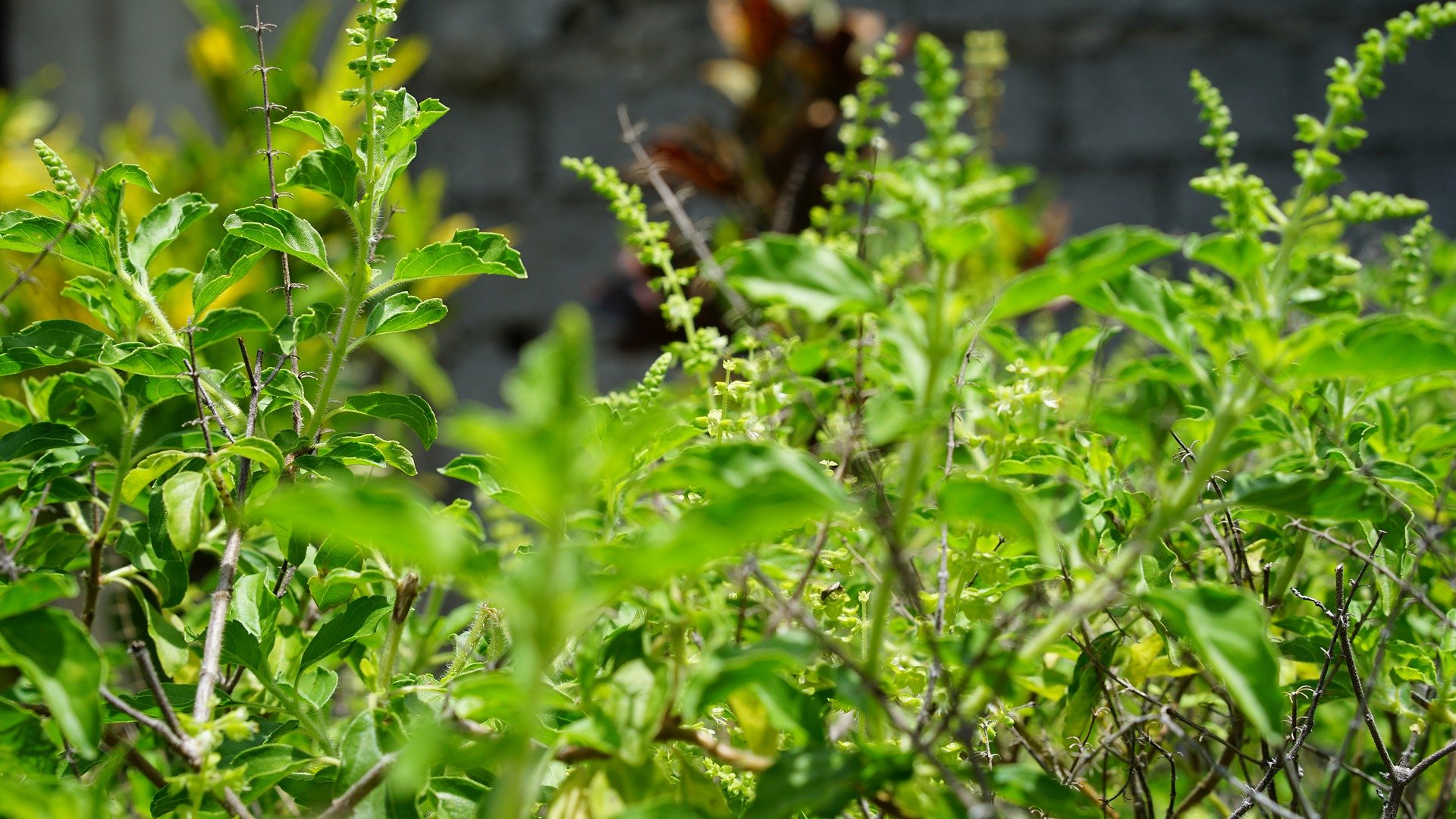
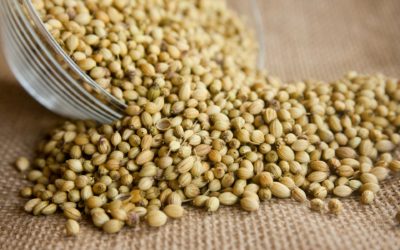
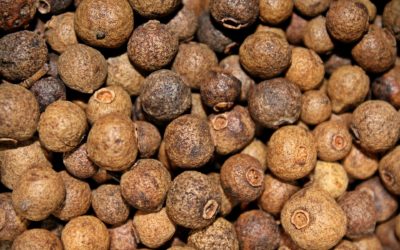

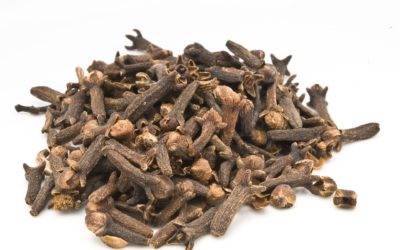
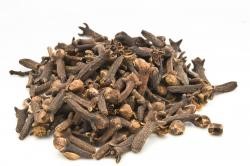

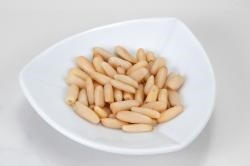

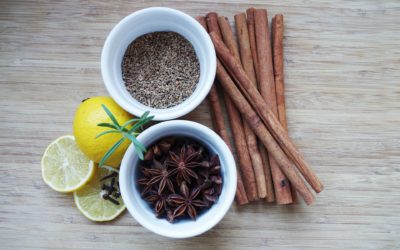
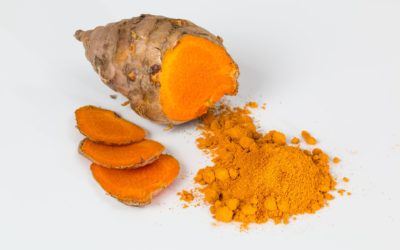
Leave a Reply